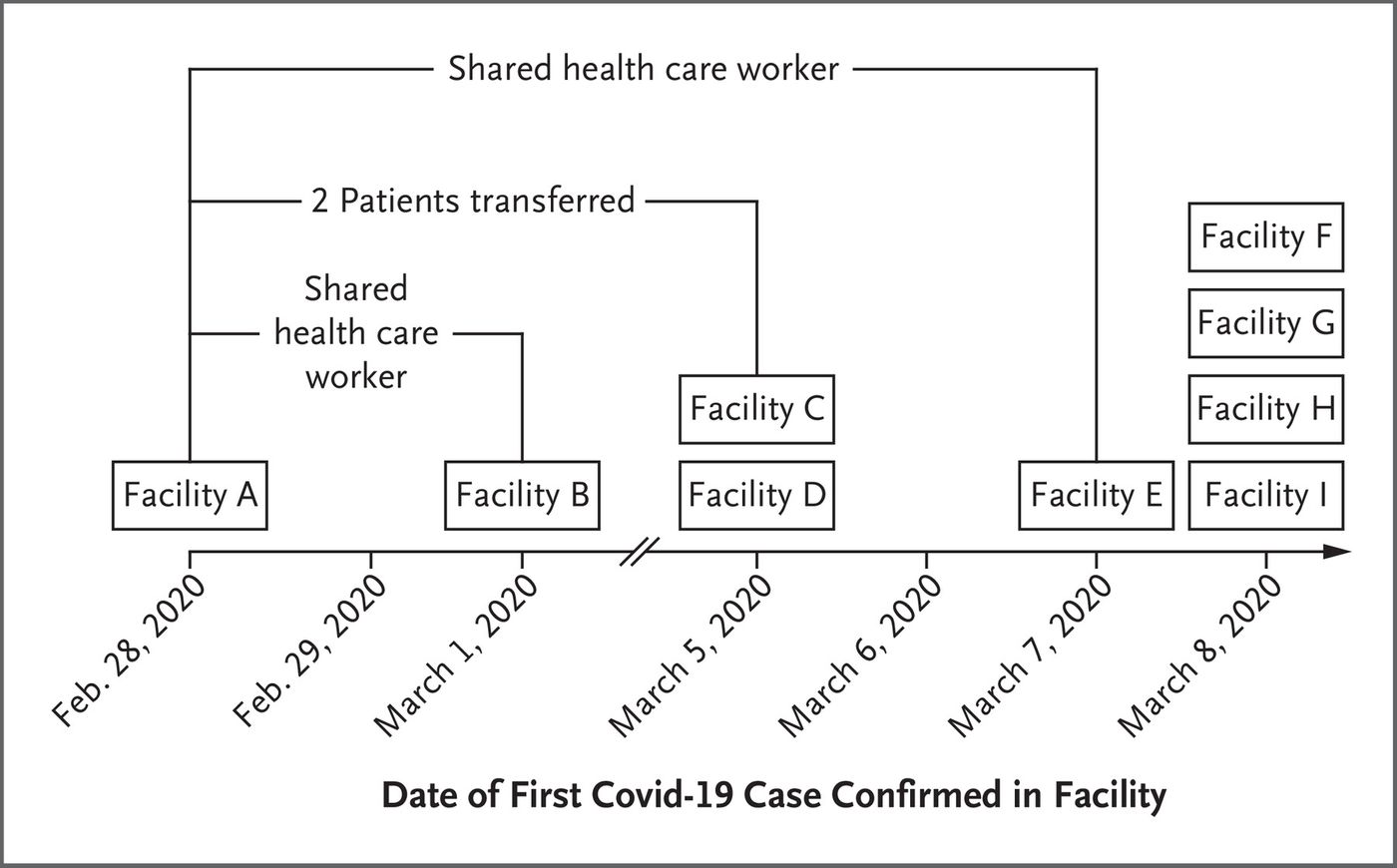
在顯徵鏡看癌細胞長大的記者
Journal of the Week (1)
"Science"
Excessive hope can lead to total disappointment in science
- When the world put the hope of solving the plague on a group of scientists, the editor-in-chief Holden Thorp reminded everyone to manage expectations from a more pessimistic perspective in the latest editorial of Science. He worries that the scientific community will end up overpromised, underdeliver.
Faced with the emerging and rapidly spreading Wuhan pneumonia, Thorp described scientists as if they were fixing "a plane that's flying while its blueprints are still being drawn." The global problems that the scientific community tried to solve in the past, such as global warming or SARS, will first use basic science to understand the nature of the problem (such as virus structure, invasion method, life cycle), and then try to solve it with applied science (drug, vaccines, preventive methods), established step by step. However, the rapid development of this time has made it necessary for scientists to carry out research in two aspects simultaneously, and it is difficult to avoid a crisis.
Thorp, for example, although scientists have proposed many possible treatments, politicians often over-touted the research results, creating false expectations among the general public, and even causing shortages of some drugs that were originally used to treat other diseases (it is believed to be an allusion to Trump's response to Chloroquine Touted as a cure for Wufei). Thorp described the practice as sets science up.
Thorp believes that if politicians or the scientific community continue to irresponsibly amplify the false hope that science can bring, and ultimately fail to find answers to current problems, it may lead to a general distrust of science and cause lasting damage to society.
Final 4?

- The WHO launched a large-scale program called SOLIDARITY on March 20 to simultaneously test four candidate treatments for Wuhan pneumonia in multiple countries, including Remdesivir, Chloroquine, which was originally used to treat malaria, and anti-AIDS. Lopinavir/Ritonavir (Lopinavir/Ritonavir), and Lopinavir/Ritonavir combined with interferon beta. Thousands of patients will be tested.
The "Science" article quoted University of Iowa researcher Stanley Perlman as pointing out that although Redcivir seems to be the most promising drug for the time being, it has encountered obstacles in testing, because Redcivir is estimated to be in the disease The drug has the best effect in the early stage, but the drug is expensive and needs to be administered intravenously. It is impossible to use it in all patients with mild symptoms in the early stage. Scholars should first identify biomarkers in the blood of patients that can predict the development of the disease (Biomarker ) to find the patients most at risk of worsening for testing.
Chloroquine, which was publicly touted by Trump, has been used in more than 20 Chinese studies, but the relevant data has not been clear, and the side effects are too strong. Lopinavir/ritonavir and interferon beta are currently used treatments in Hong Kong. However, an earlier study of 199 Chinese people showed that the effect of lopinavir/ritonavir was not obvious, while interferon beta may have adverse effects on patients with severe disease.
The New England Journal of Medicine
Nursing home outbreak, death rate 33.7%
- A large outbreak occurred in a nursing home in King County, Washington, USA. A total of 167 people were infected, including 101 residents (average age 83), 50 employees and 16 visitors. The study showed that among residents, more than 6 adults had heart problems or high blood pressure, more than 54.5% required hospitalization, and the mortality rate was as high as 33.7%. The elderly and chronically ill patients have a very serious impact on the Wuhan pneumonia situation.

At the same time, the large outbreak also caused outbreaks in at least three other nursing homes due to the shared staff policy between the institution and other institutions and the transfer of residents. Hong Kong has a huge elderly population, and the living environment in residential homes for the elderly is too crowded. We must be careful to prevent the risk of viruses entering the residential homes, otherwise the situation will spiral out of control.
Like my work?
Don't forget to support or like, so I know you are with me..
Comment…